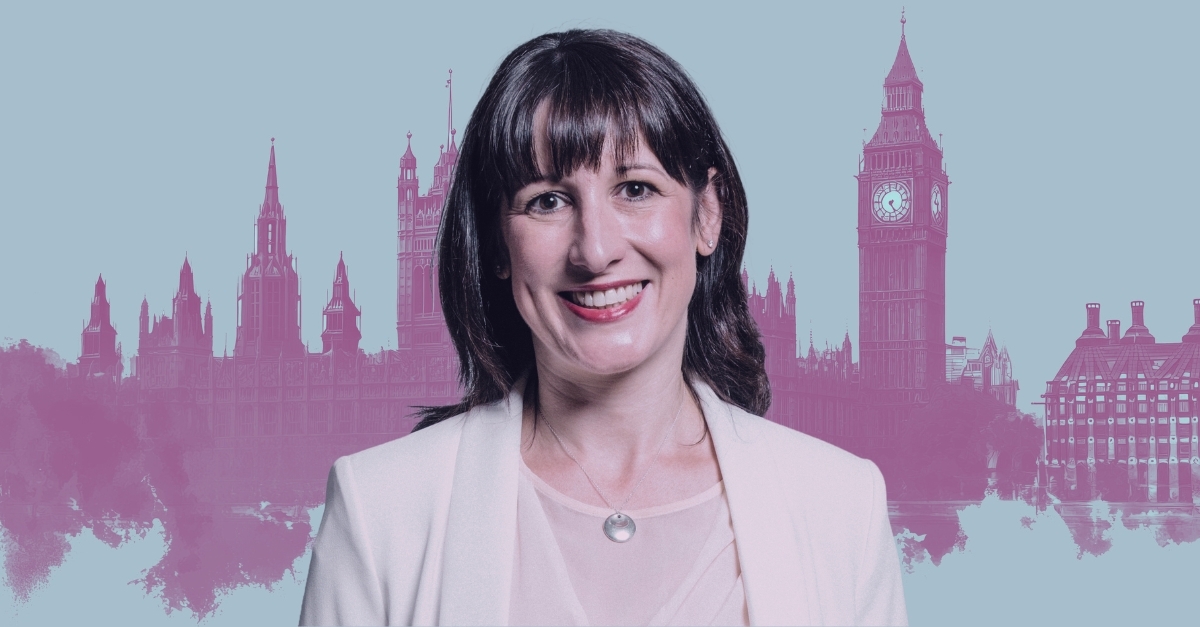BigJoe#1
Well-Known Member
Will see the effects between april and June and then Labour MP's will begin to start voicing their concerns... again IMO.So, the next 3 months, and 3 months after that.
Looks like Starmer’s gonna do a Truss.
I think to say Starmer is going to do a Truss is a little ambitious.... I mean even GM Lettuces would struggle to last 14 months.
I am not saying Starmer will be thrown out after 14 months buth there will definitel be cracks in the unity.... IMO


